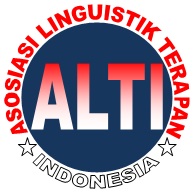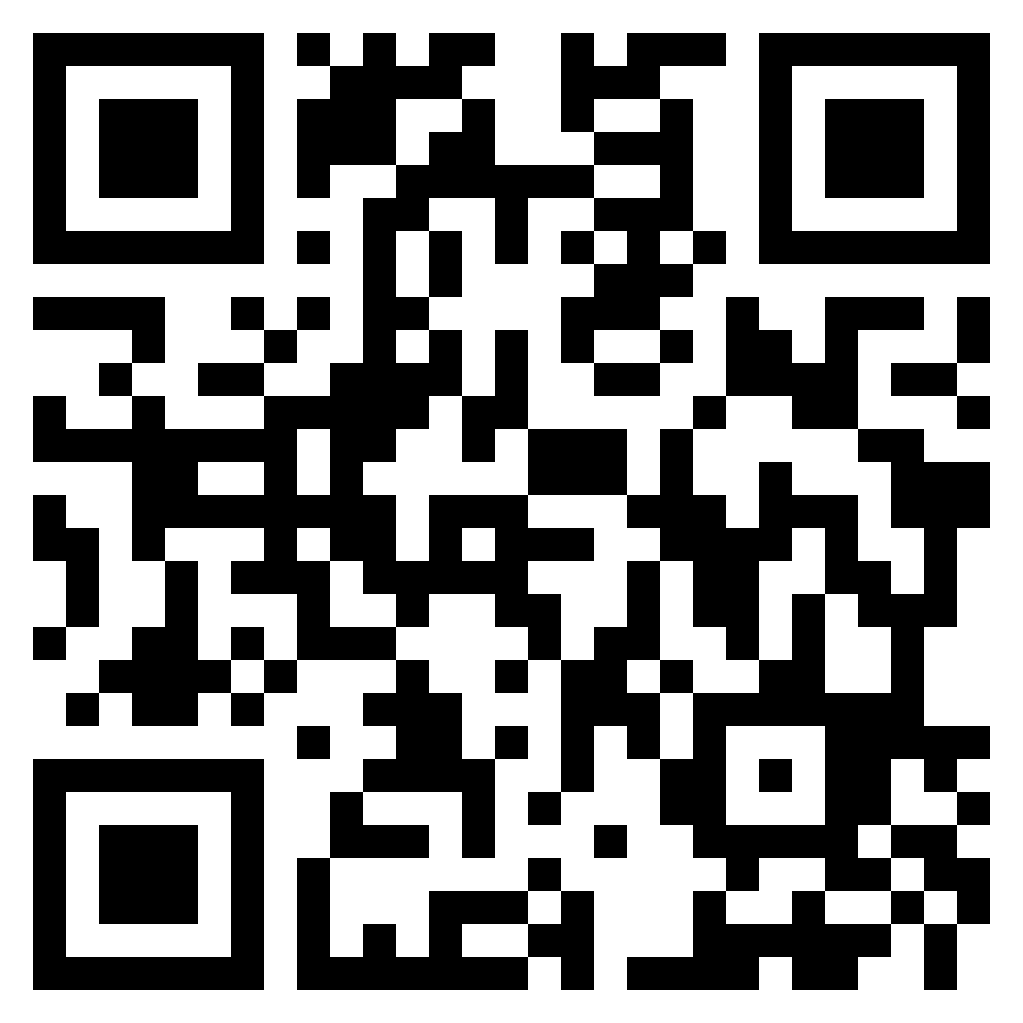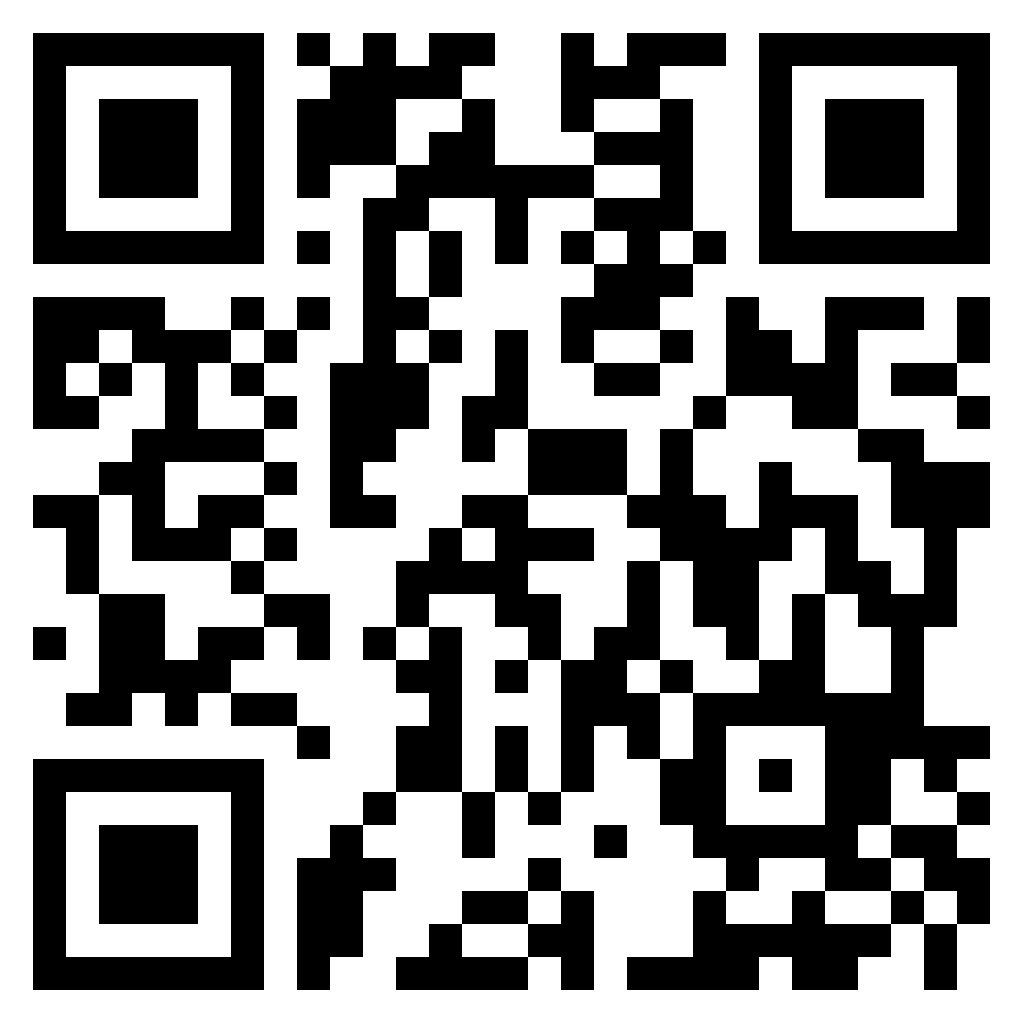Make a Submission
sidemenumediasi
MENU
ISSN
Journal Template
Collaborations

Tools
Indexed by:
Visitor Statistic
Published by:
Center for Research and Community Service Politeknik Negeri Media Kreatif
Jalan Srengseng Sawah Raya No. 17, RT.008/RW.003, Kelurahan Srengseng Sawah, Kecamatan Jagakarsa, Kota Jakarta Selatan, Daerah Khusus Jakarta - Indonesia 12630
MEDIASI is licensed under CC BY
bprcelebes dprd-bandarlampung.go.id arrisalah-jakarta kontak resmi bapenda websitemedia ikopin













